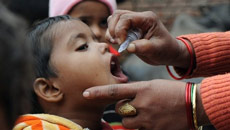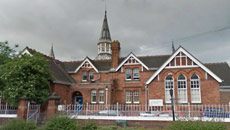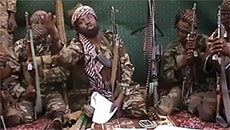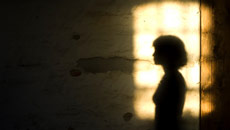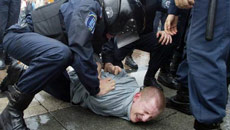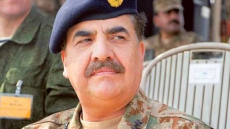Russia is seeking to promote its education and culture in India and strengthen people-to-people ties ahead of President Vladimir Putin's expected visit here later this year.
India and Russia will sign an agreement on the mutual recognition of higher education diplomas, which would help increase the flow of Indian students to Russia, Fyodor Rozovsky, director of the Russian Centre of Science and Culture (RCSC) here, told IANS. Russia's largest cultural representation abroad is in India, with five RCSCs in New Delhi, Chennai, Mumbai, Kolkata and Trivandrum.
"This agreement will make it possible to increase the number of Indian students studying in Russia, either on government stipends or at their own expense," Rozovsky said.
There have been other changes effected in Russian law this year to benefit foreign students in Russia.
"In the past, foreign students in Russia couldn't work while they were students, but since January 2014, in accordance with changes to the law on Legal Status of Foreign Citizens in Russia, they can both study and work," said Rozovsky, who heads the India office of Russia's Agency for CIS (Commonwealth of Independent States) Affairs, Russian Compatriots Abroad and International Humanitarian Cooperation (Rossotrudnichestvo) which has offices in 68 countries.
Rozovsky outlined some of the other programmes for the year that will ease the way for Indian students. "In the 2014-2015 academic year, there are plans to offer government funds to around 40 Indian students to go to Russia to study at the bachelor, specialist and graduate levels, and to nine students to get training in teaching Russian", he said.
"After recent legislation, prospective students can now designate one or more universities where they would like to study, while earlier they could choose only the area of study and the Russian education ministry chose the institution."
From modest levels in 2000 of hundred-odd Indian students annually going to Russia for under-graduate and post-graduate studies, the figure has risen to 1,000-1,100 students a year since 2012.
Eighty percent of Indian students enrol for medical courses, an area of Russian expertise available at quite cost-effective rates. For instance, of the 1,100 who went to Russia in 2012, 865 went to learn medicine and dentistry and 235 opted for engineering courses, according to the RCSC.
The big majority are drawn to medicine, because of the reasonable course fees, that are even lower than those charged by private medical colleges in India, and almost a fifth of such education costs in the US.
The costs are much lower in most of the country's 50 institutions teaching medicine if one opts for the course in Russian, 12 of which offer education in English.
On the other side, there is growing interest in India in learning Russian, said Rozovsky, who studied Urdu and Persian in Moscow State University and has spent 23 years in India in various capacities in the Rossotrudnichestvo system.
"In India there is interest in Russian and it is growing. It's taught in more than 30 universities and 16 schools, in various language centres and in dedicated courses," he said.
"More than 20 universities in India have approached us, asking us to partner with them to bring Russian language teachers from Russia."
"In the last year or two, the process of publishing Russian language textbooks in India has intensified, and these textbooks are published under licence," the RCSC head said.
The RCSC in India, which celebrates its 50th anniversary here next year, has traditionally provided comprehensive assistance to scholars from the Institute of Oriental Studies of the Russian Academy of Sciences as well as to students from the Institute of Asian and African States at Moscow State University.
Apart from shows by performers from different regions in Russia during the year, as well as art and photo exhibitions, there are planned presentations of Russian regions for forging sister-city relationships between Volgograd and Chennai, Pyatigorsk and Kochi, Yessentuki and Thrissur and the Altai Territory and Kerala, Rozovsky said.
Kerala, which has many followers of Eastern Orthodox Christianity, shares a kinship on this count with followers of the Russian Orthodox Church. India's first Russian Orthodox Church is slated to come up in the premises of the RCSC here.
President Putin is slated to visit India in November this year as part of the regular summit-level dialogue between the two countries.

